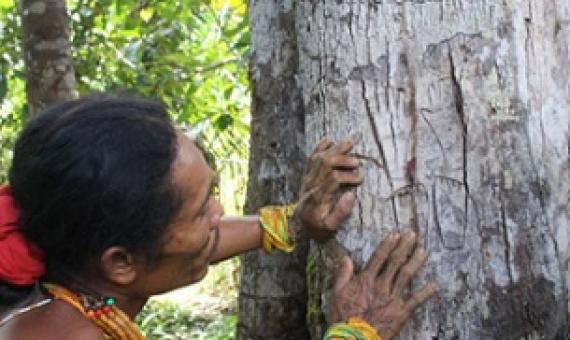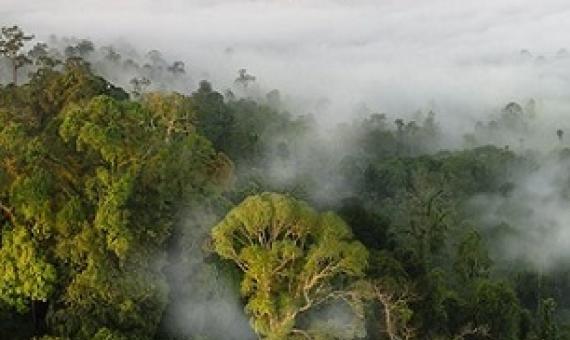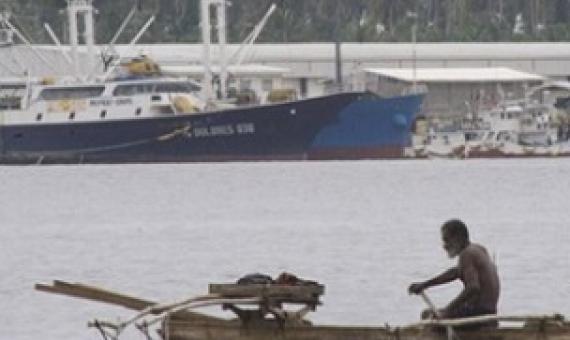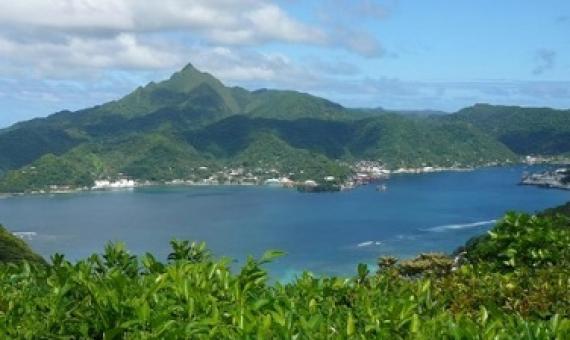To deal with climate change and biodiversity loss effectively and equitably, conservation needs to adopt a human rights-based approach, according to a new report co-authored by Indigenous and community organizations across Asia.
In July, the U.N. released a draft of the Post-2020 Global Biodiversity Framework, which called for 30% of Earth’s land and sea areas to be conserved. Known as “30 by 30,” the plan has drawn fire from Indigenous rights activists and their allies, who say that it could prompt mass evictions.
A virtual talanoa hosted by the Pacific Community exposed how constitutional rights of the individual could be at odds with indigenous practices...The discussions were based around the findings of a recent legal study on human rights in Pacific coastal fisheries and aquaculture.
In her new book, JoAnna Poblete, who is an associate professor of history at Claremont Graduate University in Claremont CA, connects the U.S.-American Samoa colonial relationship to global overfishing, world consumption patterns, the for-profit fishing industry, international environmental moveme










